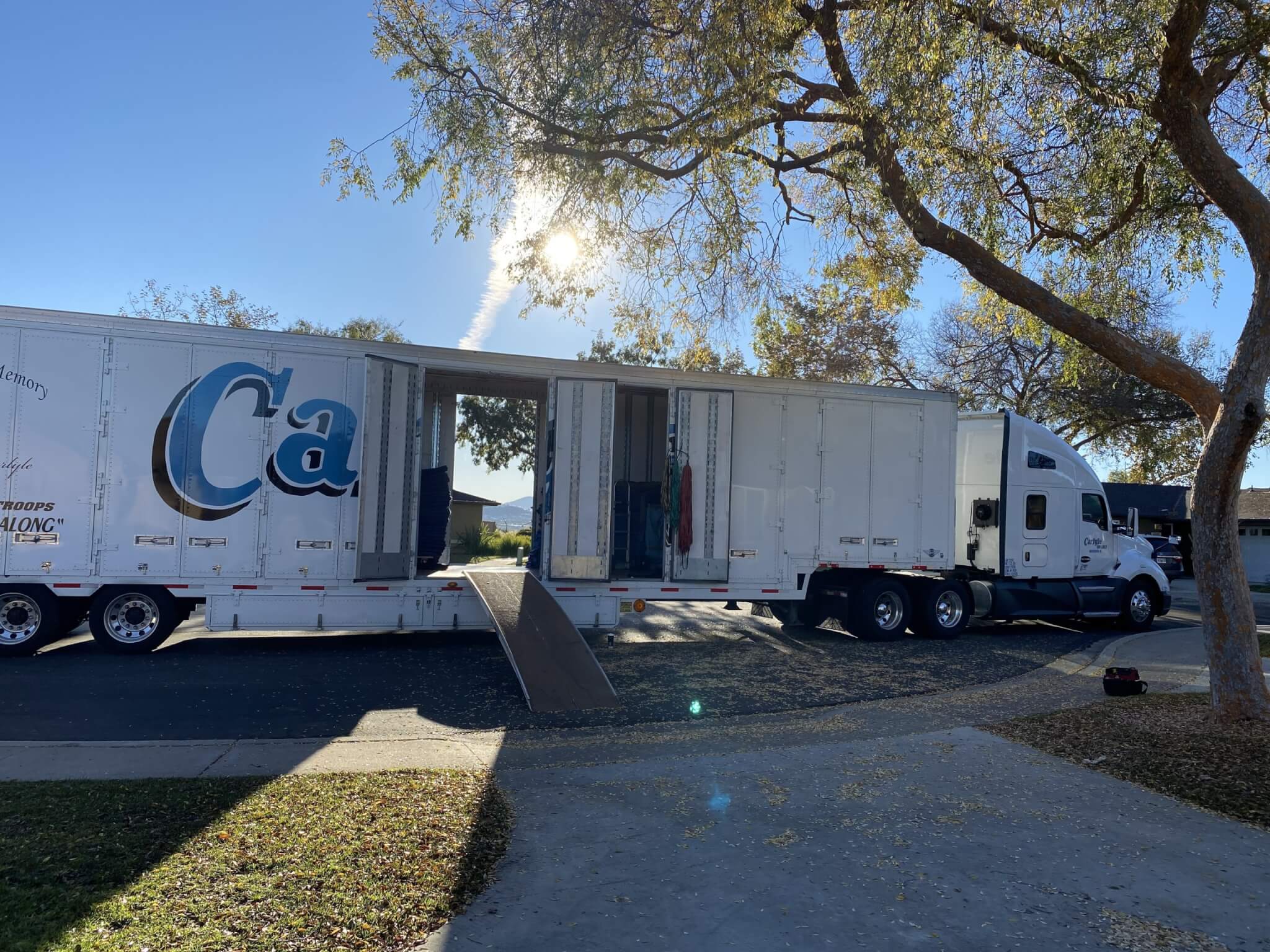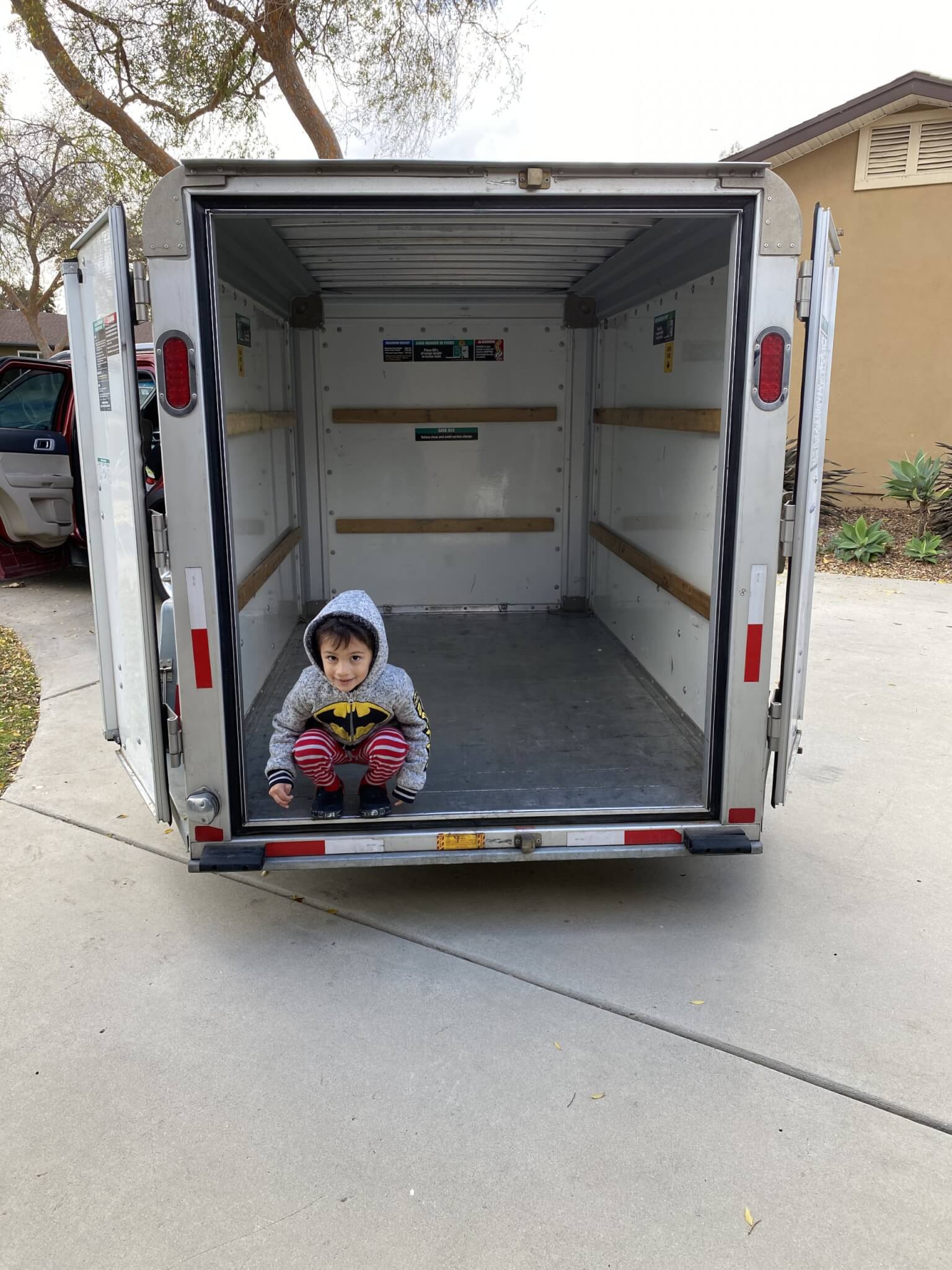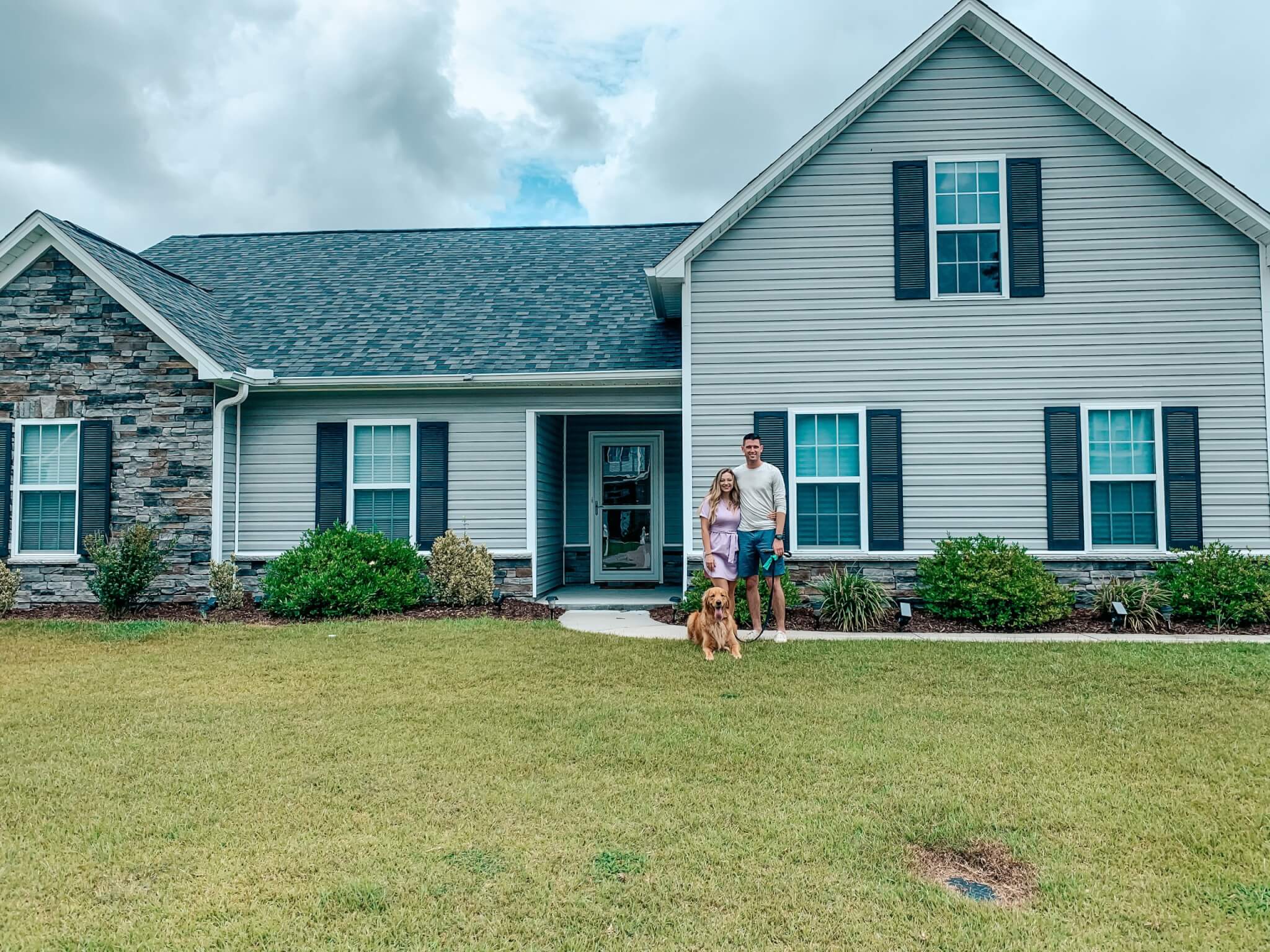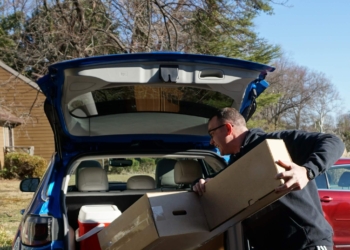We walked into home ownership, accidentally. Well, that’s not entirely true. As a military family, renting is the typical since a move is always looming.
We were content being renters for the duration of my husband’s career. Our plans changed when we moved to North Carolina.
Inventory and cost of living
The first factors in our decision to buy were cost of living and available inventory. We moved from high cost of living California to a place where gas is under $2.00 a gallon. We were shocked to go out to eat as a family of four and spend under $50. However, when we searched for rentals within our BAH range, inventory was lacking. Previously, a hurricane had decreased the rental market in our area by half.
Adding it up
The second factor in our decision was the math. We calculated how much we spent on rent in California. In the four years we lived there, we spent over $100K on our rentals. That made our stomachs drop.
According to Inna Burroughs, a Keller Williams realtor licensed in Virginia, “When you pay your mortgage, you are obtaining equity and reducing the loan amount when you go to sell. Ideally, you will walk away with a significant lump sum that you can leverage and use as a down payment for your next home. I would prefer to pay my own mortgage versus someone else’s because I will never recoup the money I spent on rent.”
Related: PCSing during a pandemic.
Now was the time
The third factor was that we felt financially ready. We are a family that believes in being debt free. After spending much of our early marriage stressed about money and paying of student and car loans, we realized something needed to change. We found a plan that worked for us, started budgeting and became debt free in four years. Because of that financial journey, we felt ready to take on the responsibility of home owning.
3 tangible steps to take
- Make sure you have the money and savings to purchase a home. Don’t buy a house you can’t afford. If this is the case, your house will be a curse instead of a blessing.
- Do market research on the cost of homes in your area. Here’s a quick way to make sure you won’t be considered “house poor,” meaning your house payments are disproportionate to the amount of money you make. Simply, calculate the cost of the house payments (including utilities) on a 15 or 30-year mortgage at 3% interest rate (this number will change based on the market). Then, make sure that number is not more than 25% of your take home pay. If it is, you need to look for a different house.
- Consider your timing. For us, a big factor in buying was the fact that this will most likely be my husband’s last duty station. Once his contract is complete, we plan to return to civilian life. I say “most likely” because this decision changes about once a month.

Finding a realtor is like dating
Start by finding a realtor and lender you like and trust. Take time to interview them both. It’s okay to tell a realtor or lender that you don’t think they’re a good fit.
“I describe this to my clients as dating someone,” Burroughs said. “The best relationships are those who have mutual respect and communicate effectively. We are not a perfect fit for every single person and that is okay.”

Buying the right home at the right time
A friend once told me, stupid people buy homes all the time. It’s not hard to do. What’s hard is buying the right home at the right time. I asked a few military friends who became first time homeowners, why they decided now was the right time to buy.
“At our last duty station, we had to move more times than we would’ve liked because of the homeowners’ plans,” Katherine Moury, Marine Corps spouse said.
The Mourys want to make their first home a rental property for fellow military families moving to the area.
“The proximity to base makes us think there will be a consistent demand for rentals,” she said. “We know firsthand how tough it can be to find a dog friendly rental, so we would like to allow dogs, but obviously potential damages make us a bit hesitant.”
Erin Byal, Marine Corps spouse and first time homeowner is excited to put down roots in a place for a while.
“Just knowing that this really is our home, and we can paint it, decorate it, change it or modify it, really puts our minds at ease,” she said. “We are so looking forward to the small renovations we have planned.”

Or is now the right time to rent?
If you’re not sure about buying, consider these military families who decided not to buy a home while their spouse serves.
“We just didn’t feel comfortable enough that we’d be able to sell the home in three years to justify buying,” Mercedes Starke, Marine Corps spouse said.
She went on to say they did felt pressure from peers who bought homes in their area but their ultimate decision was financial.
“We’re still working to pay off our student loans, so we wouldn’t have had 20% to be able to put down on a home,” Starke said. “We’re super close to paying those student loans off and plan to buy when we move [and separate from the military] next summer.”
USMC spouse Caitlin Lewis’ family decision to rent instead of buy is linked to the stress and uncertainty of military life.
“Whether it be costs for maintaining the home to natural disasters damaging a home, on top of deployments and separations, it’s easier to not have to worry about the responsibilities and costs of home ownership when renting,” she said.

This is a personal decision
Whichever you decide, realize it’s personal. The military spouse’s MOS needs to be taken into account. Will he or she be deployed often? Will you take trips to visit family when he or she leaves? Do you want to obtain rental property all over the country? Or is your partner or spouse getting out of the military soon and you’re ready to settle down?
In our opinion, it only makes sense to buy a house financially if the time at your duty station is able to offset the realtor fees and interest rate. We thought even if we break even at a three-year duty station, it was worth it for us to gain the knowledge and experience for our next home.
Whatever you decide, do it for your family and not the pressures of peers or the market. A home should be a blessing, not something you regret.
Read comments






































